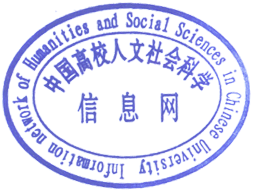关 键 词 :茶道文化;茶道精神分野;文化逻辑学科分类:民族学与文化学--文化学
茶道作为中日文化的重要组成部分,虽同源于中国,但在发展过程中形成了不同的精神内涵。中国茶道崇尚“道法自然”,强调顺应自然、品味人生,融入了道家“无为”、儒家“和敬”的思想,展现出开放、随性、社交化的特点;日本茶道则以“和敬清寂”为核心,深受禅宗与武士道影响,注重仪式感、克己精神与极简美学,体现出内敛、规矩、修行的特质。本文从哲学思想、社会结构、美学观念等角度探讨这些差异背后的文化逻辑,揭示两国茶道精神分野的深层原因,并分析现代茶道文化的发展趋势,以期对中日文化交流提供新的视角。
As an important part of Chinese and Japanese cultures, the tea ceremony originated in China but formed different spiritual connotations in the process of development. The Chinese tea ceremony advocates "Taoism and nature", emphasizes conforming to nature and tasting life, and integrates the Taoist ideas of "non-action" and Confucianism "harmony and respect", showing the characteristics of openness, casualness and socialization; The Japanese tea ceremony is deeply influenced by Zen Buddhism and Bushido, focusing on a sense of ritual, self-denial and minimalist aesthetics, reflecting the characteristics of restraint, rules and practice. This paper explores the cultural logic behind these differences from the perspectives of philosophical thought, social structure, and aesthetic concepts, reveals the deep-seated reasons for the spiritual difference between the two countries, and analyzes the development trend of modern tea ceremony culture, in order to provide a new perspective for cultural exchanges between China and Japan.

